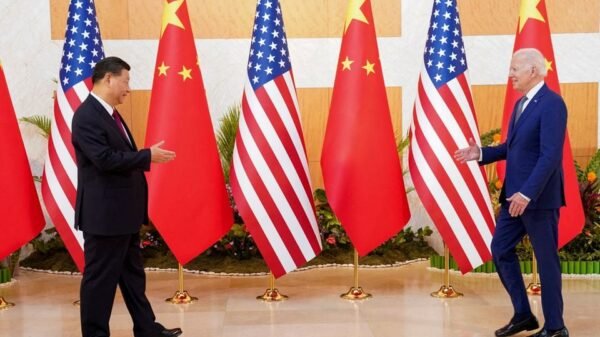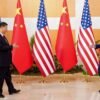In an unprecedented and historic decision, outgoing President Joe Biden issued a series of preemptive pardons during his final hours in office on January 20, 2025. The move, coming just before Donald Trump’s return to the White House for a second term, has ignited intense debate across the political spectrum. Biden characterized the pardons as a necessary safeguard against politically motivated prosecutions and emphasized their role in protecting individuals who served the nation during some of its most tumultuous years.
Among the recipients of Biden’s last-minute pardons was Dr. Anthony Fauci, the former director of the National Institute of Allergy and Infectious Diseases and a central figure in the United States’ fight against the COVID-19 pandemic. Fauci, admired by many for his unyielding dedication to public health, became a lightning rod for criticism, particularly among Republicans. His support for stringent public health measures clashed with the Trump administration’s policies, making him the target of conspiracy theories and political attacks. By pardoning Fauci, Biden sought to shield him from potential legal challenges under Trump’s incoming administration.
Another notable figure granted clemency was General Mark Milley, the former Chairman of the Joint Chiefs of Staff. Milley had drawn Trump’s ire after it was revealed that he made calls to Chinese officials in late 2020, assuring them of U.S. stability following the contentious presidential election. Trump described Milley’s actions as treasonous, though Milley maintained that his communications were part of his duty to prevent international misunderstandings during a fraught transition of power. In response to the pardon, Milley expressed gratitude, stating, “I’ve served this country with honor, and this gesture allows me to conclude my tenure with integrity.”
Biden’s pardons also included members of Congress and law enforcement officials who were part of the House January 6 Select Committee investigations into the Capitol riot. The committee’s work, which culminated in a scathing report on Trump’s alleged role in the attack, had subjected participants to intense partisan pushback. By including these individuals in his clemency decree, Biden highlighted his intent to protect those who upheld democratic principles during particularly divisive times.
Defending his unprecedented use of the presidential pardon, Biden issued a statement framing the move as an act of justice. “These pardons are not about guilt or innocence; they’re about preventing politically driven retribution,” he explained. “Public servants who carried out their duties in extraordinary circumstances deserve the assurance that they won’t face unjustified prosecutions for their service.”
Biden’s decision unfolded amid a tense political backdrop as President-elect Trump promised a dramatic return to his brand of leadership, which often aimed at holding political adversaries accountable, sometimes in highly personal ways. Trump’s vows to punish his critics and political opponents appeared to have factored significantly into Biden’s decision to take preventative action. By issuing these pardons, Biden may have preempted what could have evolved into a polarizing wave of prosecutions under Trump’s administration.

















































Comment Template